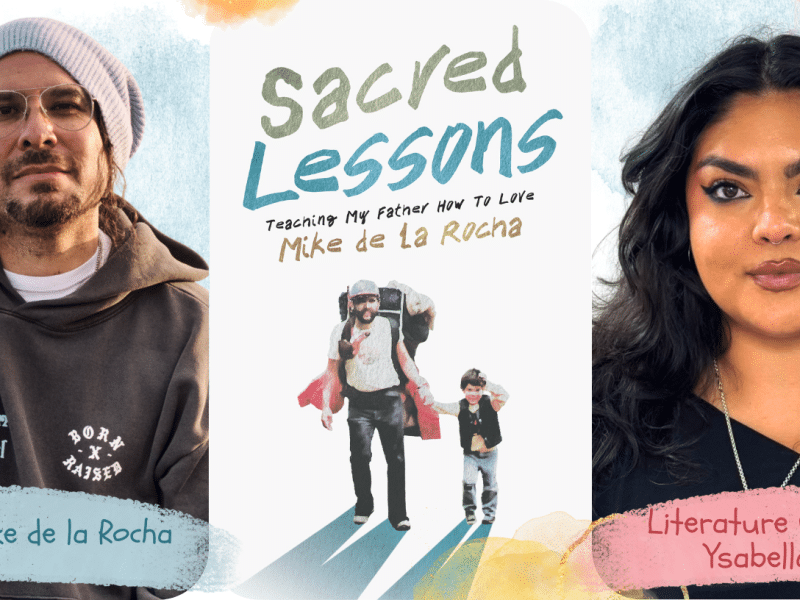Five Latinas Transforming The Indie Music Scene
Latinas are no monolith, so why expect music by them to all sound the same?

Latinas are no monolith, so why expect music by them to all sound the same?
As multifaceted as Latinas are in their identities, the music they produce also manifests into a multitude of radical forms, sounds, and experiences. Enter these five Latinas who are making waves in music. These singers are spearheading innovations in their scenes by using their modern visions to synthesize traditional sounds with classic styles. From cumbia to disco, these cutting-edge women demonstrate that their tunes are dynamic, revolutionary, and empowering for all Latinxs and their music tastes.
Sarah La Morena
Sarah Palafox, whose stage name is Sarah La Morena, went viral for her powerful vocals and perfect Spanish while performing alongside a mariachi. But the singer’s immaculate performance shouldn’t come as a surprise. The Afro-Mexican sensation was adopted as a newborn by Mexican parents and raised in Zacatecas, and as such, she proudly showcases her identity by performing cumbia and norteño music. Palafox has several singles out on social platforms and is close to completing her first EP.
Irene Diaz
Haunting melodies and a soulful voice mark the music of Irene Diaz, a singer, and multi-instrumentalist whose upcoming full-length debut, Lovers & Friends, was executive produced by Latin Grammy Award winner Carla Morrison. Diaz draws her musical inspiration from multiple sources, including Nina Simone, Nick Drake, and even Ariana Grande. Diaz’s recent single called, “Me and My Babe,” highlights queer love told through the filter of Diaz’s relationship.
Sheyla and Emily Rosas from Dueto Dos Rosas
The sisters from San Marcos, California, pay homage to their Indigenous Oaxacan roots by performing musica campirina and rancheras on YouTube as Dueto Dos Rosas. The sisters play requinto and acoustic guitars as they harmonize covers by icons like Las Jilguerillas, Lucha Reyes, Lola Beltrán, and others. Their YouTube music channel is so popular, that their cover of, “Cariñito de mi Vida” has over 6 million views.
Cusi Coyllur
Cusi Coyllur, whose real name is Shannen Roberts, is a Peruvian-American musician from Los Angeles who takes a holistic approach in her music to document her struggles with mental health and disability issues. The singer’s avant-garde music merges various genres ranging from experimental to electronic and connected by her captivating, ethereal voice. Roberts recently released the song and music video, “Welcome to Our World,” which confronts listeners by showing them how the pandemic affects people living with disabilities and those suffering from chronic illnesses.
Chrisol Lomeli
Watching Chrisol Lomeli perform live is like watching the late Mexican-American icon Selena. You can’t believe someone can move, sing, and perfectly capture the energy of the Tejana legend in such a powerful and uncanny way. Since 2015, she’s been singing in a popular Selena cover band from LA called Selenamos. Lomeli is now a star in her own right. Last year, she branched off and released her solo project. Lomeli’s music is a hypnotizing blend of Latin, disco, R&B, and soul. You can listen to it in her newest EP, Lovely.




